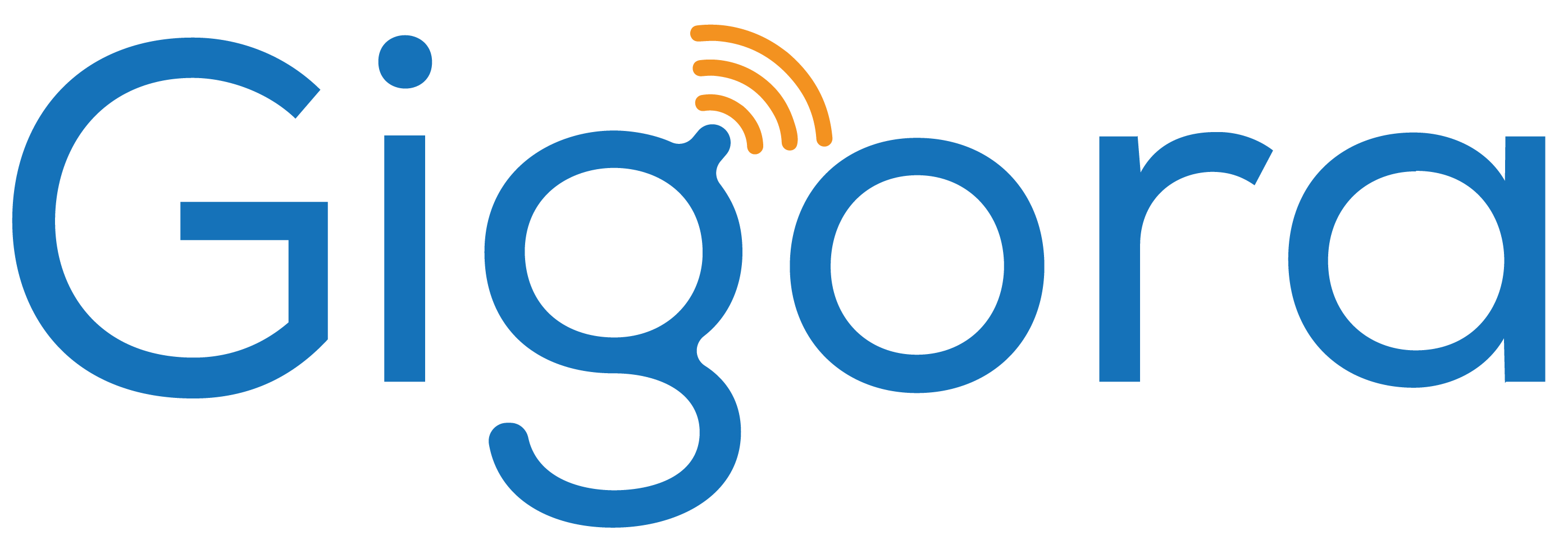[ad_1]
The benefits of CRM reporting are numerous and undeniable. While at the agency, I discovered the most significant advantages of having a CRM that let us analyze our customer data.
This helped us consolidate our brand-customer relationship, generated additional revenue streams, improved customer engagement, and streamlined our internal processes.
Here are the five main benefits of CRM reporting tools SBB found:
- CRM Reporting Helps You Understand Your Business
- CRM Data Helps with Strategic Decision Making
- SMB Managers Can Track Performance
- CRM Reports Help Investors Track SMB Investments
- CRM Reports Help Business Owners Understand Their Sales Pipeline
Let’s take a closer look at each of these benefits!
CRM Reporting Helps You Understand Your Business
With the help of proper CRM reporting, businesses can understand their customer’s data, buying behavior, and preferences in an efficient and organized manner. These tools provide business owners with advanced insights that help them gain a competitive advantage by identifying areas for improvement.
These insights are critical in evaluating business performance, optimizing sales processes, and predicting future business trends. Furthermore, CRM reporting helps identify opportunities businesses may have otherwise missed, such as cross-selling, upselling, and delivering personalized services to customers.
By compiling this information, SMBs can make more informed business decisions, such as what products to offer, how to market to their audience, and who their top customers are.
CRM Data Helps with Strategic Decision Making
Customer relationship management data can also give business owners a full 360-degree view of their customers, along with their buying behavior. This means they can identify current patterns and trends to help them make more informed decisions about everything, from product development to marketing campaigns.
And the best part? Most CRM systems generate these reports automatically, so all SMBs need to do is take a look and start making those informed decisions! Plus, it lets them see which customers are the most profitable for business, how long it takes to close a deal, and what channels are most effective for reaching their target audience.
Armed with this information, businesses can easily optimize their sales and marketing efforts, tailor their products and services to meet customer needs, improve customer loyalty and engagement, and ultimately drive growth for their company.
SMB Managers Can Track Performance
Another primary advantage of using CRM reporting is that it helps SMB managers easily track performance across various metrics, from sales to marketing campaigns and customer satisfaction.
For example, a sales team can break down their CRM reports by salesperson, day, or location, allowing managers to identify any underperforming personnel or locations and highlighting areas requiring additional training and marketing support.
Also, CRM platforms offer various reports and dashboards, which provide a comprehensive view of the sales pipeline, customer engagement, and campaign effectiveness. With this data at their fingertips, SMB managers can make accurate decisions about where to allocate resources and which areas of the business to focus on and prioritize.
CRM Reports Help Investors Track SMB Investments
Additionally, CRM reporting is a game changer for SMB investors when it comes to tracking investments. This is because these reports provide real time and detailed insights into the business operations for each individual investment.
These insights allow investors to stay on top of their investments by providing them with all the information they need to make better decisions. Plus, CRM reporting can reveal business trends that might have otherwise gone unnoticed, allowing investors to pivot quickly and adjust to meet the changing needs and expectations of customers.
By monitoring the performance of their SMB investments, investors can decide whether to continue investing or scale back, thus providing a clearer path for the business’s growth and longevity.
CRM Reports Help Business Owners Understand Their Sales Pipeline
Finally, a CRM report can give businesses a clear and concise understanding of their sales pipeline. With these reporting tools, business owners can easily see how their leads are progressing through the sales funnel, allowing them to decide where to allocate resources and focus their attention.
For example, if a particular product or service struggles to convert leads into paying customers, a business owner might adjust their marketing strategy or sales approach to address that issue.
Similarly, if one sales rep consistently outperforms the rest, a business owner can analyze their techniques and share those best practices with the rest of the sales team. These insights can help SMBs fine-tune their sales process and increase their bottom line.
[ad_2]
Source link





